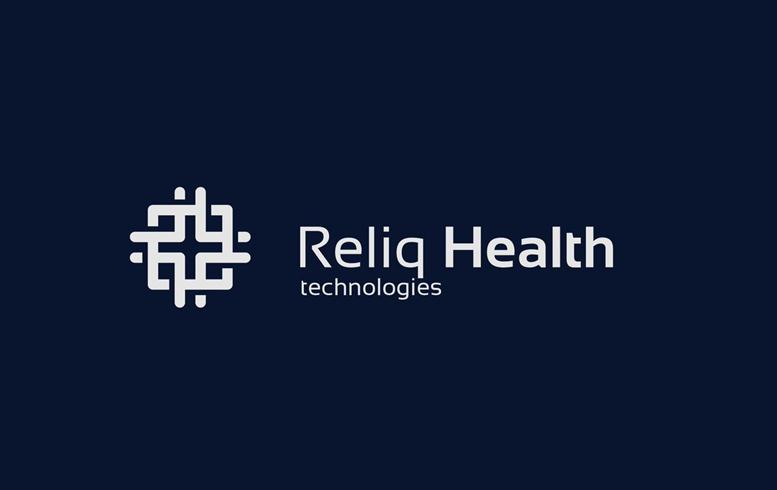Reliq Health Technologies Inc. (TSXV:RHT) has received 4,000 paid subscribers to its iUGO Care program. This gives the company a recurring monthly revenue of more than $200,000 a month. This means that the company will definitely reach its breakeven point in December this year.
iUGO Care deals in chronic care management, remote patient monitoring, and telemedicine, and was recently launched by the company. It is a digital health solution that provides high-quality virtual care – automatically collecting a patient’s vital signs, tracking medication, and reminding patients when to take medication through audible alerts. Patients may interact with their iUGO Care program verbally through the use of Bluetooth technology and a two-way voice hub. The iUGO Care cloud instantly alerts the clinical care team involved if a patient develops key warning signs, which allows clinicians to intervene before a health crisis can occur.
“We are excited to announce that we now have over 4,000 patients live on our iUGO Care platform,” said Dr. Lisa Crossley, CEO of Reliq Health. “The onboarding of patients is starting to accelerate as we move forward with our roll out to over 40,000 patients with the two current contracts in Texas. We are also very pleased to announce that we have achieved another critical milestone, as the Company will reach breakeven in December 2017. We continue to focus our efforts on the front line care providers in the US who are serving the over 37 million Medicare and Medicaid patients who have two or more chronic diseases such as diabetes, hypertension, chronic obstructive pulmonary disease (COPD) and congestive heart failure. This market will continue to grow as the population ages and expands and as pressure from lawmakers and insurers to reduce healthcare spending increases. Our iUGO Care platform allows healthcare providers to proactively manage complex chronic care patients in the lower cost community setting, reducing the need for costly acute interventions such as hospital stays, surgeries, long-term care admissions and ER visits.”
Featured Image: twitter









